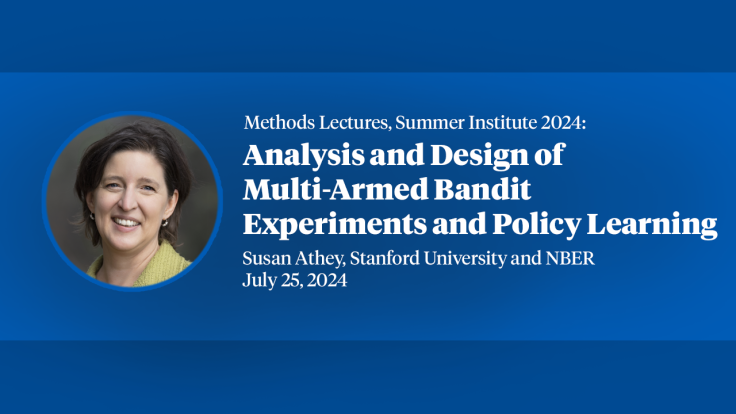Pricing to Habits and the Law of One Price
This paper proposes a novel international transmission mechanism based on the assumption of deep habits. The term deep habits stands for a preference specification according to which consumers form habits on a good-by-good basis. Under deep habits, firms face more elastic demand functions in markets where nonhabitual demand is high relative to habitual demand, creating an incentive to price discriminate. We refer to this type of price discrimination as pricing to habits. In the presence of pricing to habits, innovations to domestic aggregate demand induce a decline in markups in the domestic country but not abroad, leading to a departure from the law of one price. In this way, the proposed pricing-to-habit mechanism can explain the observation that prices of the same good across countries, expressed in the same currency, vary over the business cycle. Furthermore, it can account for the empirical fact that in response to a positive domestic demand shock, such as an increase in government spending, the real exchange rate depreciates, domestic consumption expands, and the trade balance deteriorates.
Published Versions
Morten O. Ravn & Stephanie Schmitt-Grohé & Martín Uribe, 2007. "Pricing to Habits and the Law of One Price," American Economic Review, American Economic Association, vol. 97(2), pages 232-238, May. citation courtesy of ![]()


